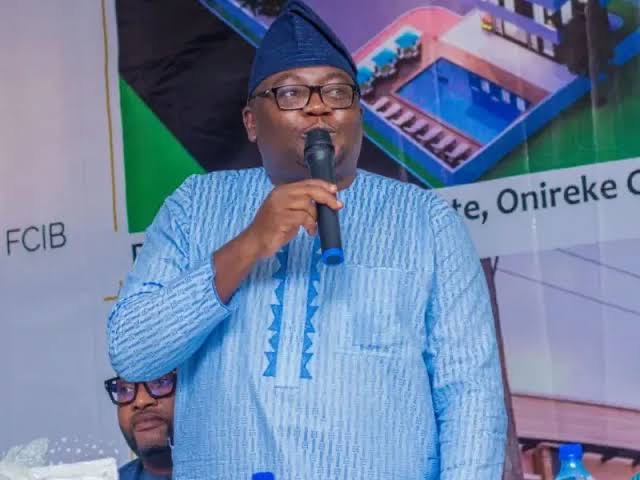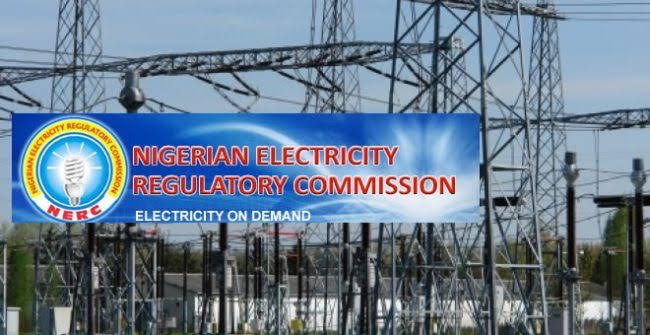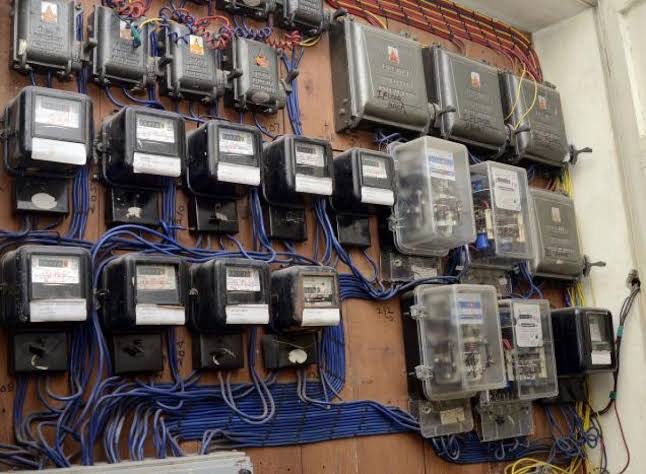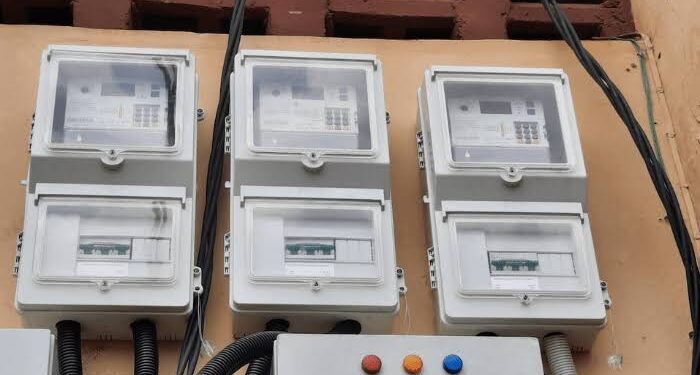The move by the Nigerian Electricity Regulatory Commission (NERC) to deregulate Meter Asset Providers (MAPs) has been hailed as a much-needed solution to the country’s ongoing meter gap crisis.
But this miracle cure comes at a price, and not just figuratively. The rising cost of prepayment meters has placed new burdens on average Nigerian households, making the dream of escaping the prepayment trap more distant.
For millions of Nigerians, the sudden rise in meter charges from about N80,000 to more than N200,000 in just a year has become as much of a burden as the problem it was meant to solve – the elimination of estimated billing.
Four months ago, NERC introduced a promising policy to deregulate both meter prices and suppliers, relying on a system of willing buyers and willing sellers aimed at opening up the market. The move is aimed at allowing customers to purchase meters from approved providers without relying on distribution companies.

While the policy looked laudable on paper, it has brought new challenges.
The most pressing of these is rising meter prices, which are further exacerbated by the current economic situation and rising inflation.
According to the Office for National Statistics, the estimated number of billed customers will increase from 5.83 million in Q4 2023 to 6.43 million in Q1 2024, a significant increase of 10%.
These figures represent millions of households trying to escape a cycle of overcharging and other abuses by electricity distribution companies, but the path to obtaining a prepaid meter is becoming more difficult.
Current Meter Prices
Following the NERC announcement, DisCos and their partner, meter providers announced new meter prices, citing deregulation policies and a weak economy.
None of the new prices are below N100,000, a very significant increase from the previous prices announced by NERC in September 2023.

According to the new DisCo prices, the price of a single-phase meter has increased from N81,975 to about N125,000, depending on which DisCo and provider a customer purchases from.
Prices ranging from N120,000 for a single-phase meter to about N240,000 for a three-phase meter have been announced by DisCos. This steep increase has led struggling Nigerians to question their choices in obtaining meter and estimated billing.
The average prices announced by distribution companies across the country are as follows:
Abuja Disco:
Single-phase meter – N105,000 to N131,000
Three-phase meter – N198,000 to N220,000
Kaduna Disco:
Single-phase meter – N120,000 to N132,000
Three-phase meter – N206,000 to N215,000
Ikeja Disco:
Single-phase meter – N120,000 to N125,000
Three-phase meter – N213,000 to N225,000
Eko Disco:
Single-phase meter – N117,000 to N135,000
Three-phase meter – N145,000 to N247,000
This increase applies to all 11 Discos across the country.
For Nigerians who are already facing rising inflation, a rising cost of living, and recent electricity tariff hikes for Band A customers, the sudden increase in meter prices feels like an added burden to an already overwhelming burden.
In addition to the ongoing challenge of availability, there are also immediate concerns over consumers’ purchasing power, many of whom are struggling to make ends meet in today’s tough economic climate.
An unresolved issue is the stability of these meter prices, especially considering the deregulation of the Meter Asset Provider (MAP) program.
According to Lagos-based energy expert Ifeoma Ugbe, NERC typically announces price hikes at regular intervals, and in some cases within a year. But deregulation makes the situation even more uncertain.
“Deregulation means prices will fluctuate based on market realities, so we can’t expect them to stay the same for long,” she said.
Customers who spoke to Journalists expressed frustration and concern over the recent price hike.
Adetunji, a resident of Isolo, Lagos, expressed his disappointment, explaining that his household had been trying to get a prepaid meter for more than a year before the price increase. “Now, we have to pay the new price. We don’t have a choice. And it’s not even as if the meter is readily available,” he complained.
Usman Johnson, a homeowner in Use, Abuja, echoed similar sentiments, noting that the increase in the price of meters only discourages customers like him from buying them.

“Where do they expect us to find the money? First, you have to wait endlessly to get the meter, and now we’re expected to pay more. It feels like this government just enjoys raising prices on everything—tariffs have gone up, everything has gone up. It’s becoming increasingly difficult for the common man,” Johnson said.
Elizabeth Okiro, a shop owner on Ikorodu Road in Maryland, narrated her experience. She and other shop owners pooled their money together to buy 5m from a distributor but found the price had increased drastically.
“Imagine spending over N1 million just to buy meters in this tough economy. We decided we’ll have to wait because after paying, you still have to cover installation costs. The economy is simply harsh. Our landlord eventually advised us to stop contributing—the cost is just too high,” Okiro explained.
Her shop is one of about 20 in the plaza, meaning most tenants have to continue paying in advance.
Energy expert Ifeoma Ugbe argues that deregulation of the Meter Asset Provider (MAP) system alone may not solve the challenges in the energy sector.
“While the government aims to bring in more liquidity and investment, it is crucial that this is done with the interest of the masses in mind,” she said.
Ugbe stressed that for any reform to truly benefit the public, a balance must be struck between attracting investors and ensuring affordability for ordinary consumers.
Minister of Power Adebayo Adelabu has set an ambitious target to eliminate estimated billing by the end of the year.
But this target looks increasingly out of reach. Recent data for the first quarter of 2024 shows that estimated bills have increased by 10%, affecting more than 6 million households.
The Federal Government plans to address the issue by purchasing 3.5 million meters this year to fill the metering gap.
However, significant challenges remain, with about 7 million customers still not on metered billing. This has raised fears that the government may resort to higher tariffs and a focus on cost-bearing pricing.
Lawyer and energy expert Nonso Ikechukwu warns that such a strategy could further burden consumers. “For most Nigerians, higher tariffs are simply unaffordable,” Ikechukwu explains.
He also stressed that rising inflation and currency instability could further increase meter prices, undermining the government’s plans.
Ikechukwu added “If meter prices continue to climb, it’s hard to see how this policy will succeed,” questioning whether the measure would actually ease the burden on ordinary citizens.


































